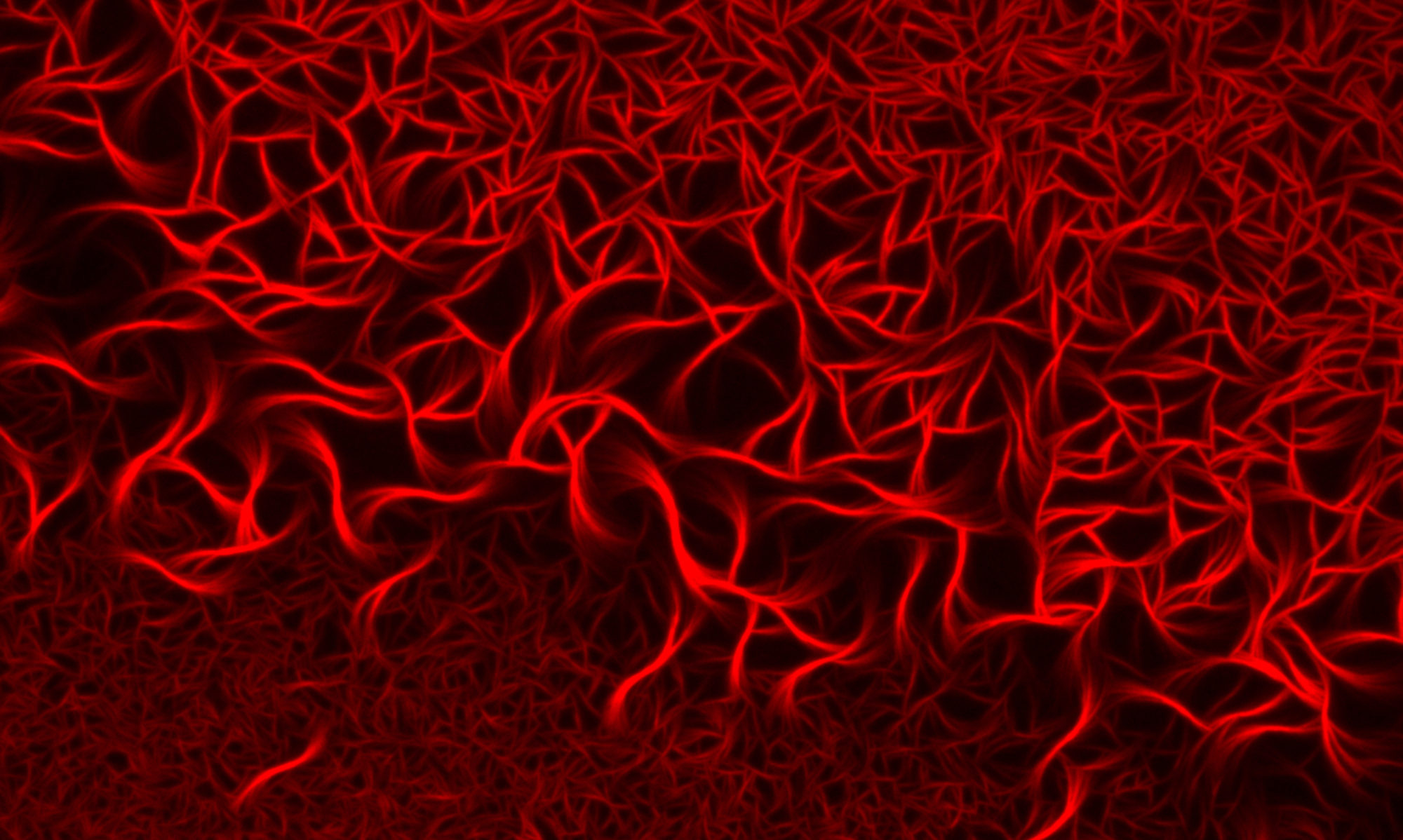
Prof. Dr. Job Boekhoven (CV.pdf)
I was born in ’84 to two expat parents in Brunei. I grew up in the Scottish highlands and Dutch lowlands. In the Netherlands, I started my B.Sc. to Ph.D trajectory. After a postdoctoral stay in the US’ midwest, TUM welcomed me to start my research group. With my group, I am developing tools to regulate the self-assembly of molecules the way biology does. We are best known for our work on chemically fueled reaction cycles that control the ability of molecules to assemble or phase separate. The resulting assemblies or phase-separated droplets show exciting new properties, such as their intrinsic ability to self-heal or their controllable lifetime. Moreover, the chemically fueled assemblies manifest features we usually associate with living cells, like the ability to emerge, decay, or even self-divide. Job holds a Ph.D. degree (2012) from Delft University of Technology and is currently an assistant professor at the Technical University of Munich.
Current position
Rudolf Mössbauer Tenure Track Professor in Supramolecular Chemistry
Personal Grants and Awards
2023 – ERC Consolidator grant
2021 – VCI – Dozentenpreis
2021 – Re-elected as member Max Planck Fellow in the school “Matter to Life”
2020 – Speaker of the TUM Innovation Networks: RISE
2020 – Speaker of a Volkswagenstiftung “Life?” consortium
2019 – ERC Starting grant
2019 – Member of the Origins cluster of Excellence
2018 – Max Planck Fellow in the school “Matter to Life”
2018 – PI in SFB 235
2017 – JSP fellow
2017 – Thieme Chemistry Journal Award
2017 – PI in SFB 863
2016 – VCI – Young investigator grant
2016 – PI in graduate school ATUMS
2016 – Rudolf Mössbauer tenure track Professorship
2015 – Rising Star Award, SQ Institute, Northwestern University
2013 – Rubicon Postdoctoral fellowship, Dutch Organisation for Scientific Research
2012 – Cum laude defense of PhD degree
2010 – GKSS – Nuclear Reactor Res. Center, Germany, grant for visiting researcher
2008 – Short Scientific Mission grant to visit Universite Bordeaux 1, France funded by European Corporation in Science and Technology (COST)
Education
2002 – 2008 University of Groningen, Netherlands
B.Sc. in Chemistry obtained in 2007
M.Sc. in Chemistry obtained in 2008
2007 University of Cambridge, UK
‘Photoresponsive Polymer Surfaces’, in the group of Prof. W. T. S. Huck
Academic Employment
2022 Technical University of Munich
Associate Professor
at the Bioscience Department, School of Natural Science
2016-2021 Technical University of Munich
Rudolf Mössbauer Professor
2012 – 2015 Northwestern University, USA
Postdoctoral fellow at Institute for BioNanotechnology in Medicine working with Prof. Samuel I. Stupp.
2008 – 2012 Delft University of Technology, Netherlands
Ph.D. in Chemistry in the group of Prof. Jan van Esch.
Dissertation title: “Multicomponent and Dissipative Self-assembly Approaches towards Functional Materials”.
List of selected papers
C. Donau, F. Späth, M. Sosson, B.. Kriebisch, F. Schnitter, M. Tena-Solsona, H.-S. Kang, E. Salibi, M. Sattler, H. Mutschler, J. Boekhoven, Nature Commun. 2020, 11 (1), 5167.
We found the first example of coacervate-based droplets based on polymers that are “active”, i.e., they are regulated through energy-consuming chemical reactions.
• M. Tena-Solsona, B. Rieß, C. Wanzke, A. Bausch, J. Boekhoven, Nature Commun. 2018, 9, 2044.
My team found the first synthetic active droplets based on prebiotic relevant chemistry.
• M. Tena-Solsona,* B. Rieß,* R. Grötsch, F. Löhrer, C. Wanzke, B. Käsdorf, A. Bausch, P. Mueller-Buschbaum, O. Lieleg, J. Boekhoven, Nature Commun. 2017, 8, 15895.
We describe a simple, yet versatile chemical reaction cycle based on dicarboxylate-anhydride chemistry that induces dissipative self-assembly.
